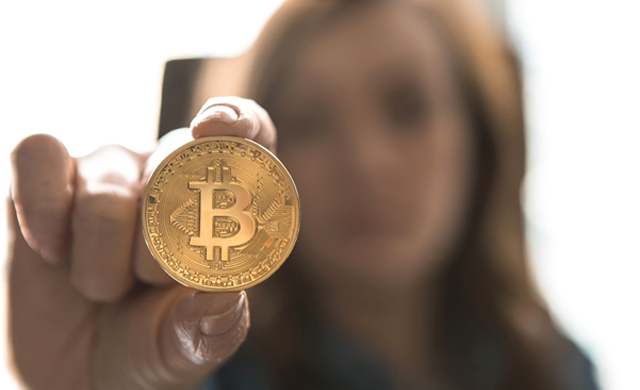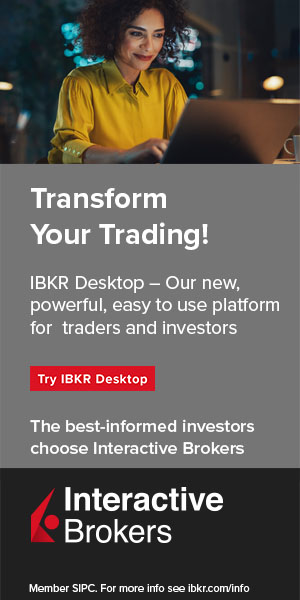Some critics have argued that cryptocurrencies have an identity crisis. Well, here’s why bitcoin qualifies as a commodity.

Bitcoin is now the world’s leading digital currency, which makes it a valuable means of exchange. However, others argue that bitcoin does not qualify as a commodity, like other virtual currencies. The following article will critically analyze some of the critical features of bitcoin and other reasons why bitcoin is a valuable commodity of exchange.
Regulation of Bitcoin
Bitcoin is an unregulated currency, accessible across the world. That means no government can influence its supply. However, governments around the world have particular policies regarding the transfer of digital currencies. For example, the US Commodity Futures Trading Commission says that bitcoin is considered a commodity under the Commodities Exchange Act. An excerpt from the chapter says a commodity has a broader definition that not only includes particular goods like rice, wheat, or cotton but also ‘’all services, rights, and interests.’’
Several other governments, including Japan and Singapore, recognize bitcoin as a commodity whose proceeds are subject to taxation. As bitcoin integration continues to take shape in mainstream institutions, it is increasingly becoming accepted by governments around the world as a virtual commodity subject to regulatory frameworks. However, there is still a lot of struggles on how to harmonize bitcoin regulation in global markets.
The Different Ways of Acquiring Bitcoin
Analyzing the processes of acquiring bitcoin is another way of proving that it is a commodity. There are various ways of getting bitcoin, almost similar to the procedures followed when purchasing products or generating investments. Individuals or companies can buy bitcoin from online market places like Bitcoin Digital using fiat currencies or other digital currencies. That is similar to buying any other product online, hence, qualifying bitcoin as a commodity.
Many retail traders and other mainstream institutions today also accept bitcoin as payment. That makes bitcoin a measure of value, which users can exchange for another product or service. Bitcoin holdings accrued in an individual’s account are considered virtual assets, which they can also sell in exchange for fiat currencies, other digital currencies, or products.
Bitcoin Price Formation
Individuals can also acquire bitcoin by mining them. The process mainly entails using high-powered computer algorithms and hardware to generate new units. Bitcoin mining not only consumes time and electricity but also requires outstanding digital skills. Generating new bitcoins comes with various production costs, including computers, processors, energy, personnel, and buildings. The relation between those costs and public perception primarily determines the bitcoin price. That is almost similar to the same methodology that manufacturing companies apply when determining the pricing for their commodities.
The Divisibility of Bitcoin
Bitcoin is also a highly divisible digital currency, which means people can acquire them in many smaller units. Bitcoin is divisible up to 8 points, with the smallest amount equal to about 0.00000001 bitcoin. That allows users to purchase, sell and even trade bitcoin in various quantities based on their demand and supply. You can say the same about some consumer goods available in standard amounts. Therefore, bitcoin also qualifies as a commodity because it is divisible into several smaller units.
The Scarcity of Bitcoin
Gold is one of the high-value commodities that most people are pretty conversant. Its scarcity is one of the reasons why it has maintained such a high value over the years. Bitcoin also bears similar characteristics, except it is an intangible commodity. Although miners generate new bitcoins almost every day, they have a capped supply. That has ensured its scarcity, making bitcoin a lucrative commodity like gold and other precious metals.
Unlike fiat currencies or other tangible commodities, bitcoin is a digitized store of value that users can buy, sell and trade worldwide.


 Hot Features
Hot Features












